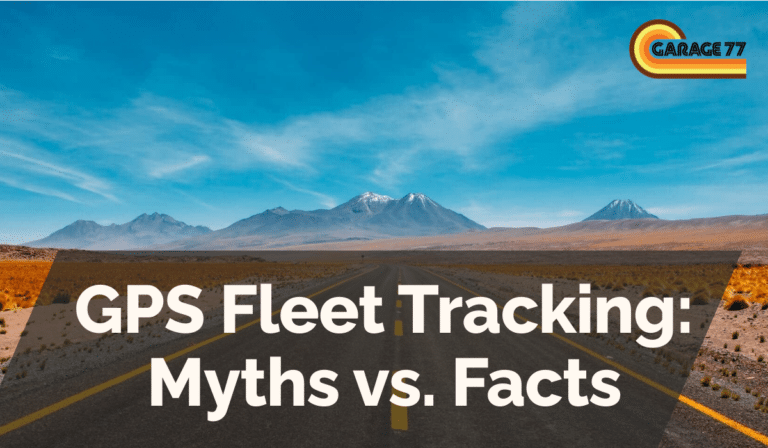The advent of GPS fleet tracking technology has ushered in a new era for multiple industries. Companies are integrating this game-changing technology into their operations, giving them unprecedented control and streamlining their services. From logistics to public transportation, the impact of GPS fleet tracking is substantial and continually evolving. Below, we delve into a few of the many ways this technology is revolutionizing industries.
The Logistics Industry
The logistics industry heavily relies on accurate and timely deliveries, and GPS fleet tracking has been instrumental in attaining these goals. Gone are the days when companies had to rely on the driver’s word or manual logs.
- Real-time tracking allows businesses to streamline their operations by visibly monitoring the location of their fleet.
- It provides a level of transparency previously unattainable, enhancing customer trust and credibility amongst consumers.
- It helps reduce fuel costs through route optimization, potentially saving companies thousands of dollars each year.
The Taxi and Ride-Sharing Industry
Taxi companies and ride-sharing services like Uber and Lyft have benefited enormously from GPS fleet tracking. It enables service providers to easily connect drivers with customers and monitor rides for safety and efficiency.
- GPS Tracking keeps users informed about the driver’s location and estimated arrival time
- This technology aids in fare estimation based on the traveled distance, bringing transparency to the payment process.
- For safety purposes, GPS tracking could deter potential criminal activity like theft or assault.
The Public Transportation Industry
For public transit operations, such as bus and rail services, this technology has brought unprecedented improvements in tracking, scheduling, and maintenance—enhancing overall efficiency and reliability.
- Digital maps with real-time GPS tracking allow passengers to track the exact location of their bus or train, drastically reducing wait times.
- Transit agencies can monitor the condition of their vehicles, scheduling maintenance when needed rather than relying on set schedules that may result in unnecessary downtime.
Frequently Asked Questions
Does GPS Fleet tracking contribute to environmental sustainability?
Yes, it does. GPS fleet tracking promotes fuel efficiency by suggesting the shortest and least congested routes. This leads to reduced fuel consumption and lower carbon emissions.
How does GPS fleet tracking improve driver behavior?
GPS Fleet tracking monitors driver behavior, including driver speed, idle times, breaks, and route compliance. This data enables companies to address reckless driving habits, thereby improving road safety.
Conclusion
In conclusion, GPS fleet tracking technology is a powerful tool transforming various industries. The technology provides real-time tracking, aids in better route planning, and encourages transparent consumer relationships amongst other things. The applications of this technology are vast, and as it continues to evolve, one can expect even more improvements and efficiencies in the way these industries operate.







